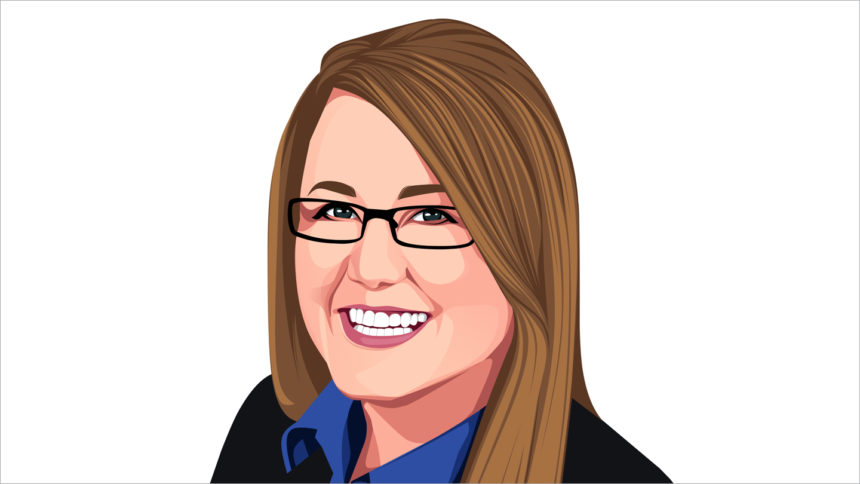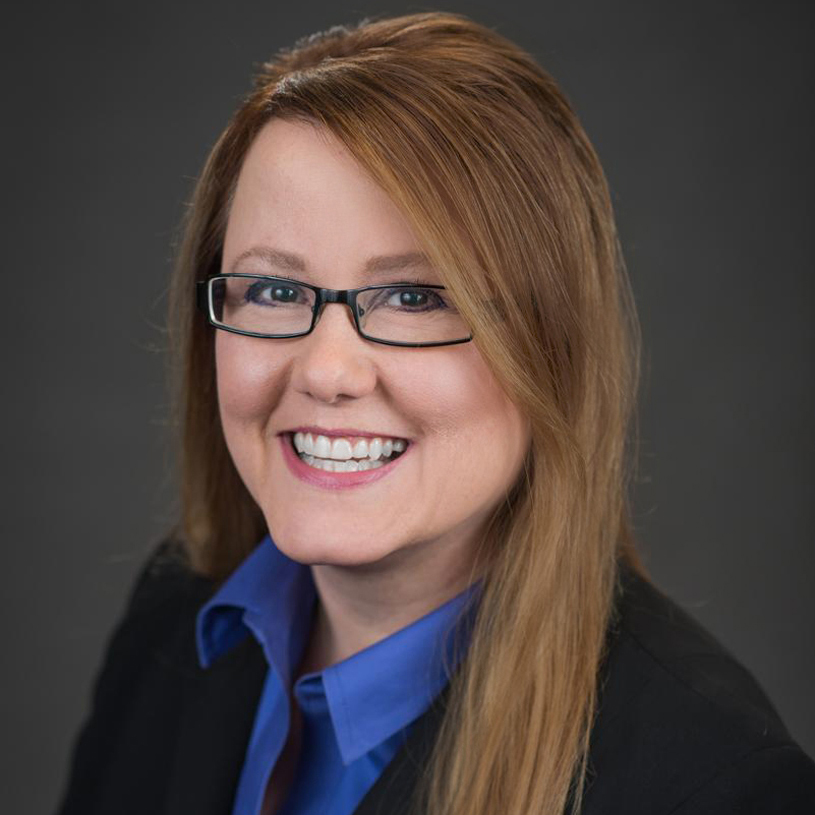

The results of a recently published study provide more motivation for us to try to stamp out ageism in our culture.
Researchers at Yale found that older adults with mild cognitive impairment were 30.2% more likely to regain normal cognition if they had absorbed positive beliefs about aging from their culture compared with those who absorbed negative beliefs.
Those positive beliefs, investigators found, also enabled study participants to recover their cognition up to two years earlier than those who held negative age beliefs, and this cognitive recovery advantage was found regardless of the baseline severity of someone’s impairment.
And older adults in the positive age-belief group of the study who started with normal cognition were less likely to develop mild cognitive impairment over the next 12 years than were those in the negative age-belief group, regardless of their baseline age and physical health.
The researchers published their findings in the journal JAMA Network Open. They believe it is the first study to consider whether a culture-based factor — positive age beliefs — contributes to recovery in mild cognitive impairment.
“Most people assume there is no recovery from MCI, but in fact half of those who have it do recover,” said Becca Levy, PhD, a professor of public health and of psychology and lead author of the study. “Little is known about why some recover while others don’t. That’s why we looked at positive age beliefs, to see if they would help provide an answer.”
The study included 1,716 participants from a national longitudinal survey called the Health and Retirement Study. All were aged 65 years or more years.
Levy had predicted that positive age beliefs could play an important role in cognitive recovery because her previous studies with older adults found that positive age beliefs reduced the stress caused by cognitive challenges, increased self-confidence about cognition and improved cognitive performance.
“Our previous research has demonstrated that age beliefs can be modified; therefore, age-belief interventions at the individual and societal levels could increase the number of people who experience cognitive recovery,” Levy said.
All of us can help with those age-belief interventions.
Lois A. Bowers is the editor of McKnight’s Senior Living. Read her other columns here.

